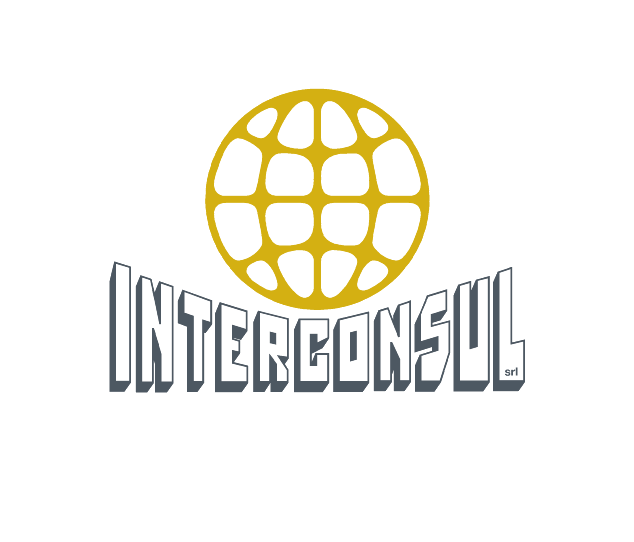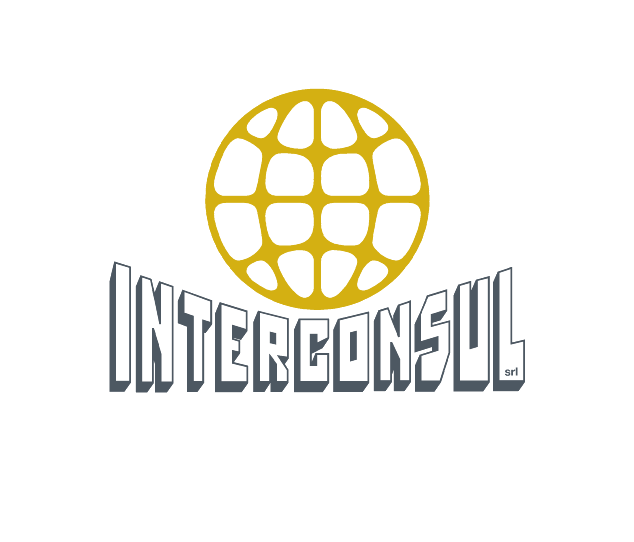



Interconsul srl Società Benefit

Emilia-Romagna, Italy
January 2022
Other personal services
Service with Minor Environmental Footprint
Albania,
Argentina,
Australia,
Bangladesh,
Belarus,
Belgium,
Bolivia,
Brazil,
Brunei,
Bulgaria,
Canada,
Chile,
China,
Colombia,
Congo The Democratic Republic Of The,
Costa Rica,
Cote D'Ivoire (Ivory Coast),
Croatia (Hrvatska),
Cuba,
Czech Republic,
Denmark,
Dominican Republic,
Ecuador,
Egypt,
Eritrea,
Estonia,
Ethiopia,
Finland,
France,
Germany,
Ghana,
Greece,
Guatemala,
Honduras,
Hong Kong S.A.R.,
Hungary,
India,
Iran,
Iraq,
Ireland,
Israel,
Italy,
Jamaica,
Japan,
Kazakhstan,
Latvia,
Libya,
Lithuania,
Luxembourg,
Macedonia,
Malta,
Mexico,
Moldova,
Monaco,
Montenegro,
Morocco,
Netherlands The,
New Zealand,
Nicaragua,
Nigeria,
North Korea,
Norway,
Pakistan,
Panama,
Paraguay,
Peru,
Philippines,
Poland,
Portugal,
Romania,
Russia,
Saudi Arabia,
Senegal,
Serbia,
Sierra Leone,
Singapore,
Slovakia,
Slovenia,
Somalia,
South Africa,
South Korea,
Spain,
Sri Lanka,
Sweden,
Switzerland,
Syria,
Tunisia,
Ukraine,
United Arab Emirates,
United Kingdom,
United States,
Uruguay,
Venezuela
Interconsul Srl was established in 1978 and it grew to become the consulting service of choice for the many businesses with overseas operations, providing highly qualified language services, specifically translations, interpretations and language training. We guarantee language competence and a wide knowledge of technical and cultural subject matters, with a thorough understanding that each business sector has specific and necessary requirements and terminology. Our strengths are quick turnaround time, high customization, reliability, confidentiality, quality consistency and a strong focus on meeting our clients’ expectations. For these reasons more than 1,300 businesses, private and public, chose us. We are a Benefit company and are committed to generating a positive impact on the communities we come in contact with through our daily work.
Overall B Impact Score
Governance 18.4
Governance evaluates a company's overall mission, engagement around its social/environmental impact, ethics, and transparency. This section also evaluates the ability of a company to protect their mission and formally consider stakeholders in decision making through their corporate structure (e.g. benefit corporation) or corporate governing documents.
What is this? A company with an Impact Business Model is intentionally designed to create a specific positive outcome for one of its stakeholders - such as workers, community, environment, or customers.
Governance 18.4
Governance evaluates a company's overall mission, engagement around its social/environmental impact, ethics, and transparency. This section also evaluates the ability of a company to protect their mission and formally consider stakeholders in decision making through their corporate structure (e.g. benefit corporation) or corporate governing documents.
What is this? A company with an Impact Business Model is intentionally designed to create a specific positive outcome for one of its stakeholders - such as workers, community, environment, or customers.
Workers 31.7
Workers evaluates a company’s contributions to its employees’ financial security, health & safety, wellness, career development, and engagement & satisfaction. In addition, this section recognizes business models designed to benefit workers, such as companies that are at least 40% owned by non-executive employees and those that have workforce development programs to support individuals with barriers to employment.
Community 30.3
Community evaluates a company’s engagement with and impact on the communities in which it operates, hires from, and sources from. Topics include diversity, equity & inclusion, economic impact, civic engagement, charitable giving, and supply chain management. In addition, this section recognizes business models that are designed to address specific community-oriented problems, such as poverty alleviation through fair trade sourcing or distribution via microenterprises, producer cooperative models, locally focused economic development, and formal charitable giving commitments.
What is this? A company with an Impact Business Model is intentionally designed to create a specific positive outcome for one of its stakeholders - such as workers, community, environment, or customers.
Environment 6.9
Environment evaluates a company’s overall environmental management practices as well as its impact on the air, climate, water, land, and biodiversity. This includes the direct impact of a company’s operations and, when applicable its supply chain and distribution channels. This section also recognizes companies with environmentally innovative production processes and those that sell products or services that have a positive environmental impact. Some examples might include products and services that create renewable energy, reduce consumption or waste, conserve land or wildlife, provide less toxic alternatives to the market, or educate people about environmental problems.
Customers 20.0
Customers evaluates a company’s stewardship of its customers through the quality of its products and services, ethical marketing, data privacy and security, and feedback channels. In addition, this section recognizes products or services that are designed to address a particular social problem for or through its customers, such as health or educational products, arts & media products, serving underserved customers/clients, and services that improve the social impact of other businesses or organizations.
What is this? A company with an Impact Business Model is intentionally designed to create a specific positive outcome for one of its stakeholders - such as workers, community, environment, or customers.